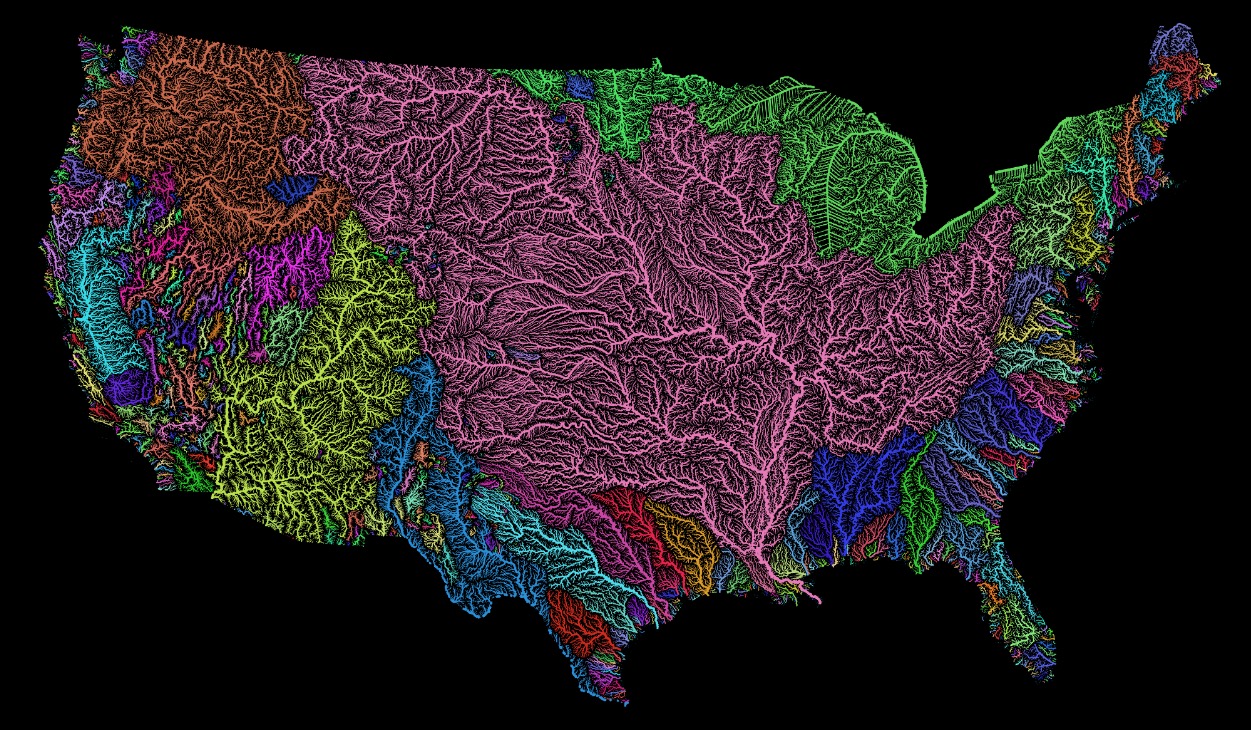TL;DR -- English. Has lots of French in it. But, post 13 Oct 1362, it was the language of England. So, let's remember that. We'll do our part.
---
This might seem to be an unusual post, though, there was some thought behind it. We deal with New England as a proxy for England and its culture and languages, in part. Over time, we might add. Let's look. We split 250 years ago, or so; yet, intertwining will remain.
We ran into a post while listening to music via Youtube's largess (with its experience of ads). The title was
41% of the English Language is French. Did not listen to the whole of the video, as 1066 and William was brought up early. Then, on looking at the provider of the videos, there were other themes of interest, such as the influence of the Vikings or
English can save your life and more. There were lots of videos (one can spend their lives in that huge lake). This was a month ago (mid-July 2022). We saved some links and thought to get back to the theme.
First, though, we looked at Alfred's influence which was earlier. And, found this site: The English Language Project (warning: retro but run by professors). Now, we actually liked the layout (look at our portal - TGSoc.org) as we know of many sites that started in the 90s and still have the same look. One of these is our favorite that continues but with a newer approach taking most of the focus - look at This week's finds in mathematical physics - John Baez (see arXiv and Azimuth). But, they had several posts on the subject - The First King's English: Alfred the Language Maker. This was from 2013. And, this one article suggests that the 'retro' look is not indicative of unawareness. No, there is much of substance to consume.
And, now that we have time and motivation to get back to this, we have to make the effort known. The former has to do with duties and demands mostly being of greater quantitative scope than are those hours given us by the sun and its periods. The second has to do with their use of "October 13" as a day to honor English which is a series started in 2009, about our time of inception, too.
The image on the right shows the themes since the beginning (use the "Annual themes" link). For 2022, they have a very interesting theme.
- For 2022, our lecture will be on or near 13 October, celebrating the date in 1362 when a Westminster Parliament was convened that approved a Statute of Pleading that permitted the use of the English language in Parliament on the grounds that French was 'much unknown' in England. The Normans, Angevins and Plantagenets had up to that time ruled England in French. Then English was a forbidden and a despised language, but 13 October 1362 saw English on its way to becoming the twenty-first century's Global Language.
We will use 10/13 on our calendar, henceforth. About Alfred? The Great. These hits are the results of a search on Alfred at this site. Alfred hung around in the area where, later, Thomas came from. In 2015, the theme involved looking at the colony's use of English, say America.
This site will continue to be of interest. As an aside, in 2015, there will an 800th anniversary of Henry III's involvement with the Magna Carta (our Gardner Annals' article). This topic is apropos to the U.S. (its history and future) as well to technology, in general.
Remarks: Modified: 08/15/2022






